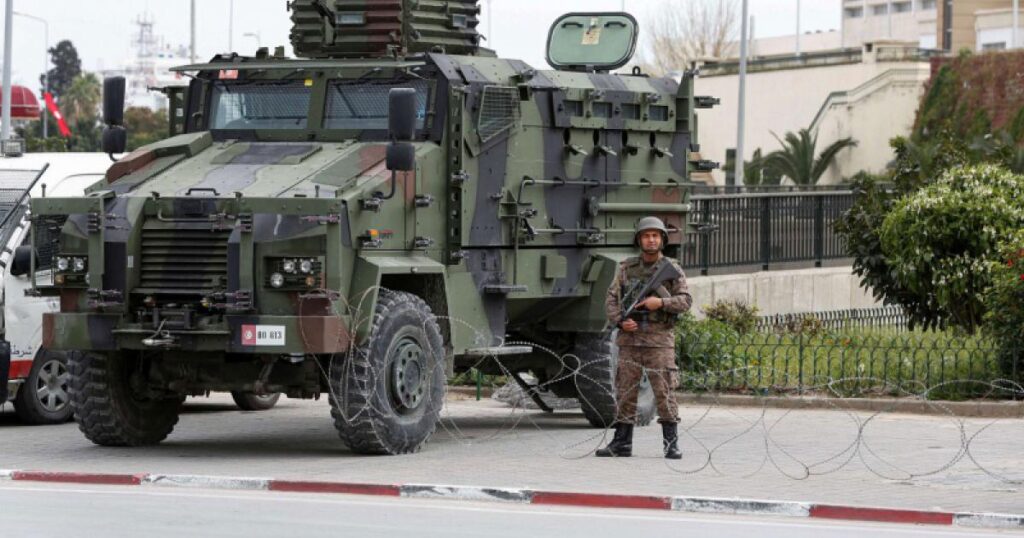TUNIS – The former director of the former Tunisian military intelligence and the National Security Adviser during the era of the late President Al -Baji Qaid Essebsi, General Kamal Al -Akrout, revealed pressure from the military establishment during the reign of the Renaissance movement and its allies.
Al -Akrout revealed in an interview with the private “Mosaique” radio on Sunday that he asked him to allow the military to wear the veil and build mosques in the barracks and institutions affiliated with the National Army, in addition to allowing trade union work similar to what happened in the Ministry of Interior.
Kamal Al-Akrout acknowledged that he rejected all of these demands while also saying that they were not legitimate.
He explained that the reason for his refusal was to protect the military establishment from attempts to penetrate it politically in addition to technical reasons, indicating that the veil will be an obstacle to the military to carry out their tasks to the fullest.
Building mosques inside of military-affiliated organisations will also cause uncertainty, he continued.
Al-Akrout stated that there are military members who wear the veil, therefore I requested that they sign a statement of resignation without asking them to pay for the costs of their training. They refused and decided it would be best to stay.
According to the former director of Military Intelligence, allowing the veil will also force us to permit other manifestations, such as wearing a “shirt” or “earrings,” and other items that are improper for military responsibilities.
Al-Akrout also discussed the reasons for his dismissal from his position in 2013, which occurred during the administration of former President Al-Munsif Al Marzouki. He explained that the decision was made as a result of his transfer to Jabal Al-Shaanbi and the military’s authority following a number of terrorist attacks.
“I moved to Jabal Al -Shaanbi, which raised their anxiety and annoyance, and I met with the defense minister who informed me that Marzouki changed and intends to send my messengers to Tripoli in Libya,” Kamal Al -Akrout said.
“This reminds me of the episode where Saddam was sent to Jenner so that he might return in a fund,” he continued.
The leadership of the Renaissance movement, Yamina Al -Zoghlami, responded to these statements, saying that they are incorrect and an attempt by Al -Akrot to succeed fake championships, indicating that the movement does not interfere in people’s dress, which is part of the freedoms.
Several political factions emphasised the necessity to safeguard the army from political conflicts, therefore the military establishment stayed outside of political tensions in the nation despite attempts to penetrate it.
The Islamic movement dismisses these accusations, saying that there are no conclusive signs and that it is a participant in the political battle. The Renaissance movement has previously been accused by its detractors of trying to infiltrate state institutions.
Al-Nahda was also accused of creating a covert network to infiltrate the government, but the movement vehemently refutes this.
The people of Tunisia are calling for the revelation of the facts and the events that took place in their nation during the previous ten years, as well as the assignment of blame to each party for the tragic state in which the nation now finds itself.
An ex-general from Tunisia describes attempts to infiltrate the military.

